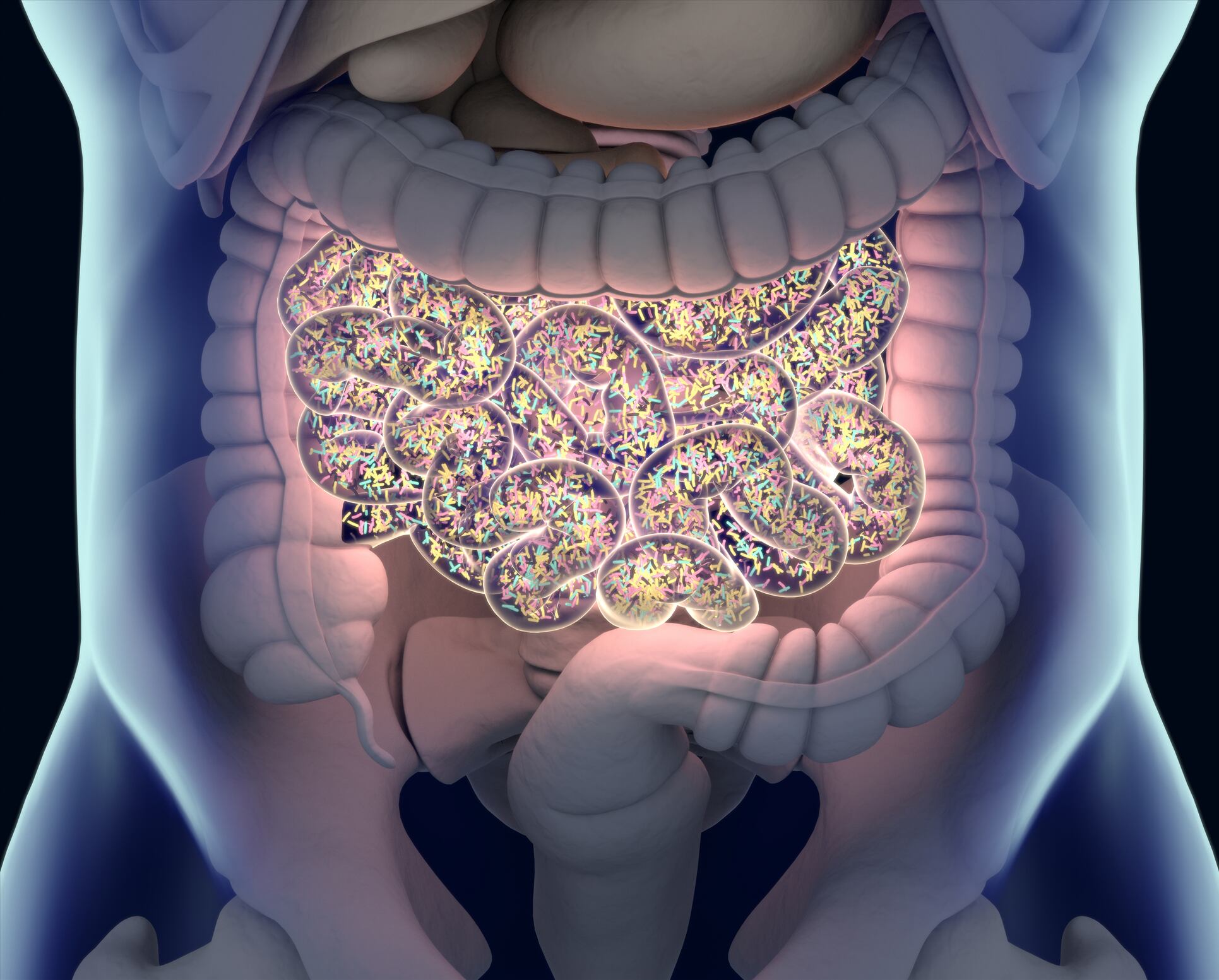Previous investigations have not demonstrated consistent associations between intestinal microbiota and IBS symptoms, however gut microbiota composition studies overwhelmingly rely on faecal material. Faecal samples largely reflect the luminal microbial community, which is spatially separated from the colonic epithelium and underlying immune cells through a two-tiered mucus barrier.
By contrast, certain species have found a niche in the outer mucus layer, feeding on the mucin O-glycans. Therefore, researchers from the University of Gothenburg hypothesised that the mucus-associated bacteria are more likely to influence the epithelium and perhaps result in epithelial stress and immune activation.
In the current study, the researchers performed a metaproteomic analysis of inner mucus layer samples from patients with IBS and healthy individuals, to investigate potential associations between mucus-resident microbiota and IBS symptoms.
Mucus samples were prospectively collected from sigmoid colon biopsies from patients with IBS (n=62) and healthy volunteers (n=31), and their microbial protein composition analysed by mass spectrometry. Observations were verified by immunofluorescence, electron microscopy and real-time PCR, further confirmed in a second cohort, and correlated with comprehensive profiling of clinical characteristics and mucosal immune responses.
The researchers were surprised to find the pathogenic bacterial genus, Brachyspira, was present in the gut flora of 31% of the IBS patients and none of the healthy volunteers, and was particularly common in IBS patients with diarrhoea.
They report that the bacterium hides under the mucus layer meaning that analyses of faecal samples is insufficient to detect the genus - they only found it when they analysed biopsies taken from the intestine.
"Unlike most other gut bacteria, Brachyspira is in direct contact with the cells and covers their surface. I was immensely surprised when we kept finding Brachyspira in more and more IBS patients, but not in healthy individuals," says Karolina Sjöberg Jabbar, first author of the article who gained her doctorate at Sahlgrenska Academy, University of Gothenburg.
Magnus Simrén, Professor of Gastroenterology at Sahlgrenska Academy, University of Gothenburg, and Senior Consultant at Sahlgrenska University Hospital, explained there is much more work to be done.
"The study suggests that the bacterium may be found in about a third of individuals with IBS. We want to see whether this can be confirmed in a larger study, and we're also going to investigate whether, and how, Brachyspira causes symptoms in IBS. Our findings may open up completely new opportunities for treating and perhaps even curing some IBS patients, especially those who have diarrhoea,"
New opportunities for treatment
In a pilot study that involved treating IBS patients with Brachyspira with antibiotics, the researchers did not succeed in eradicating the bacterium.
"Brachyspira seemed to be taking refuge inside the intestinal goblet cells, which secrete mucus. This appears to be a previously unknown way for bacteria to survive antibiotics, which could hopefully improve our understanding of other infections that are difficult to treat," Sjöberg Jabbar says.
If the association between Brachyspira and IBS symptoms can be confirmed in more extensive studies, the researchers believe probiotics may become possible treatments in the future.
Since the study shows that patients with the bacterium have a gut inflammation resembling an allergic reaction, allergy medications or dietary changes may be other potential treatment options. The researchers at the University of Gothenburg plan to investigate this in further studies.
"This is another good example of the importance of free, independent basic research that, in cooperation with healthcare, results in unexpected and important discoveries that may be beneficial to many patients. All made without the primary purpose of the study being to look for Brachyspira," says author Professor Gunnar C Hansson.
Source: Gut
Hansson. G. C., et al
"Association between Brachyspira and irritable bowel syndrome with diarrhoea"


